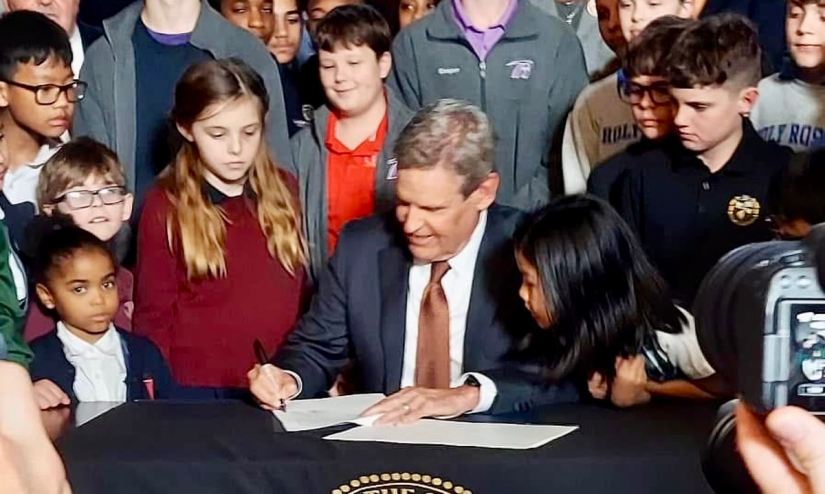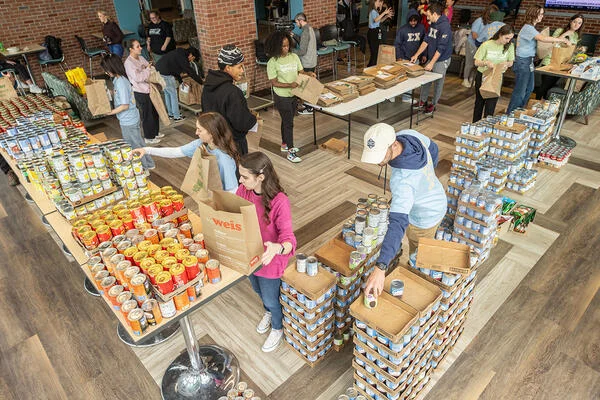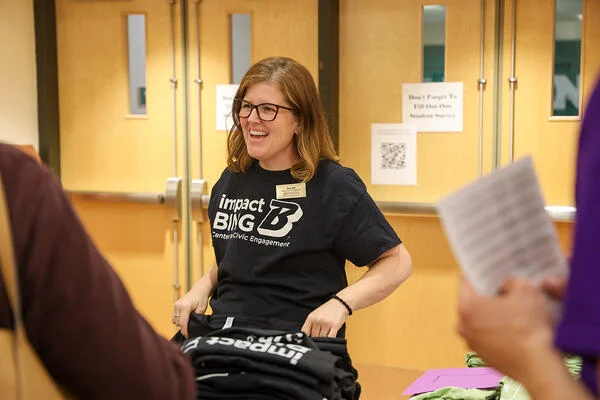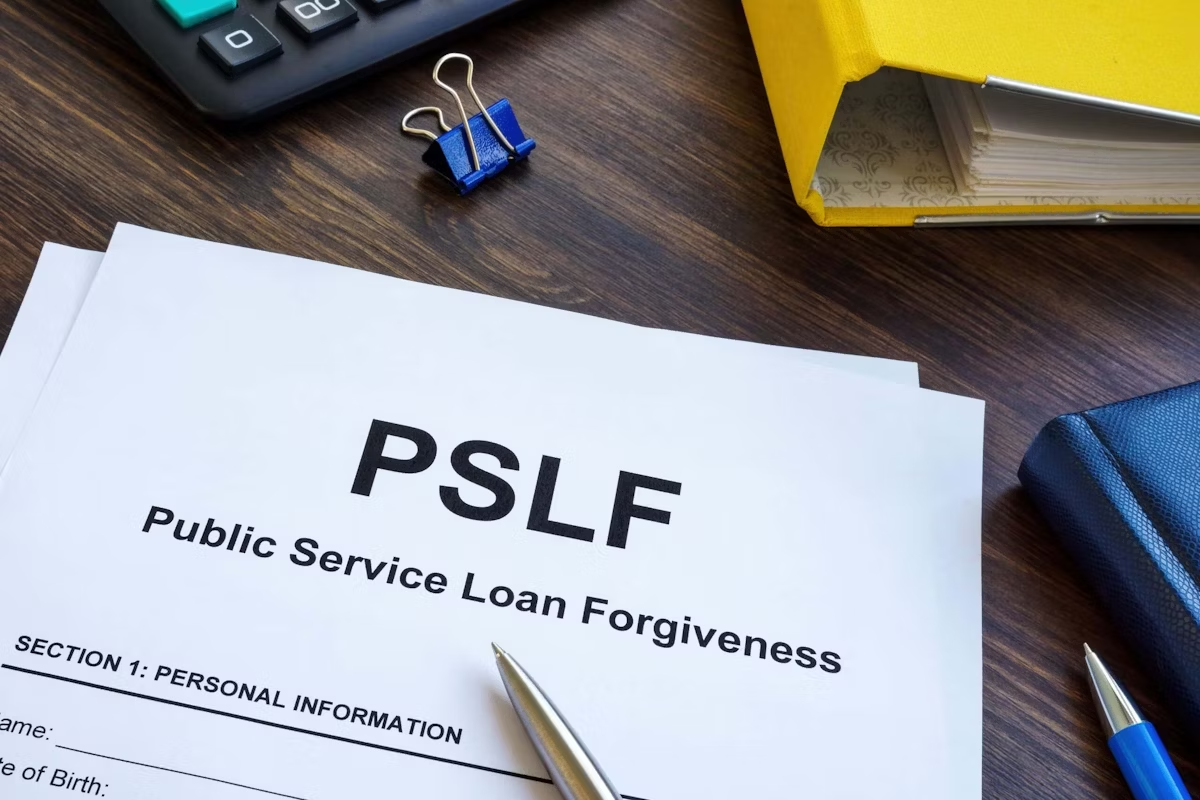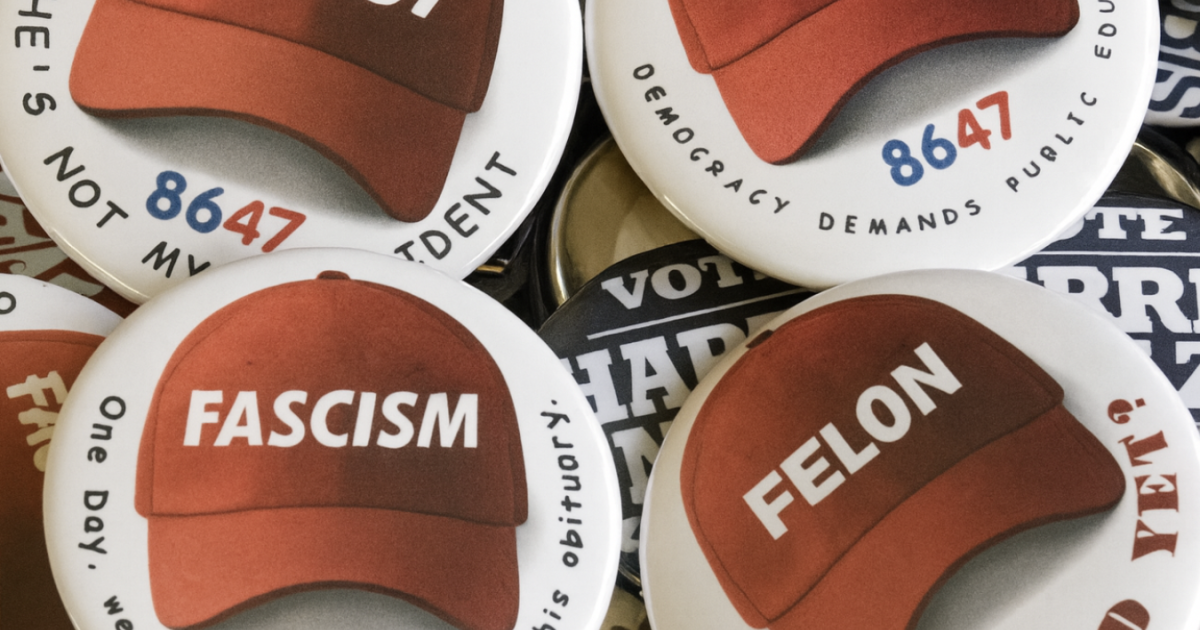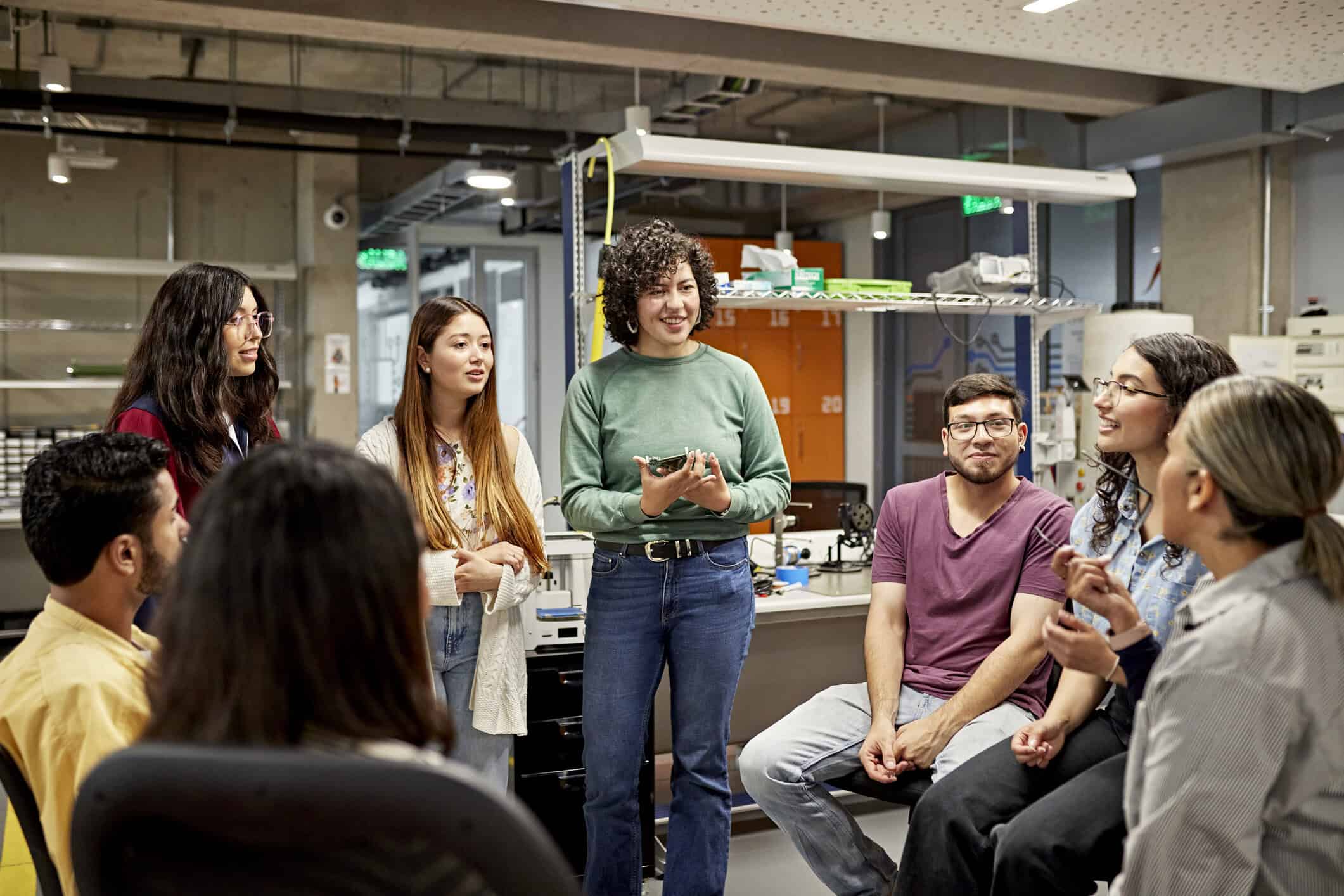Get stories like this delivered straight to your inbox. Sign up for The 74 Newsletter
As states continue to launch and expand private school choice programs, one of their biggest challenges is building online platforms that meet the overwhelming demand.
Tennessee families experienced a bottleneck earlier this year as they waited hours online to submit applications for the state’s new Education Freedom Scholarship program. In July, the state told 166 parents that they had received a scholarship, only to alert them a few days later that the notification was a mistake.
“It wasn’t the most ideal user experience,” said Heide Nesset, a senior fellow for the Beacon Center of Tennessee, a right-leaning think tank. But there was a “tight runway,” about three months, to get the program off the ground.
With state leaders hoping to serve up to 70,000 students next year, they’re now searching for a new vendor. Proposals are due Friday.
But the rough start in Tennessee wasn’t an anomaly. All states with education savings accounts have struggled to some extent with ensuring smooth transactions for families, whether that’s paying a school on time or ordering a homeschool curriculum. Some say the solution lies in picking more than one company to handle the increasing demand and improve customer service.
“If it’s one contract, I think the vendor is inherently trying to ensure that the state department has a really fantastic experience,” said Nesset, who is also the vice president of
implementation at the Yes. Every Kid. Foundation, a school choice advocacy organization. “If you have more than one [vendor], then they start competing, and families have the opportunity to make choices.”
Tennessee’s current vendor is Student First Technologies, which won a contract in 2023 to run a smaller ESA program in three counties. Earlier this year, the state expanded the contract with the Indiana-based company to manage the new statewide program, despite its problems in other states.
In West Virginia, where Student First still operates the Hope Scholarship program, an ESA, homeschool families complain that they can’t access the platform on their phones and that approvals and denials for purchases are inconsistent. Arkansas canceled its contract with Student First last fall after it failed to deliver a “fully operational” system on time. The company paid the state a $300,000 fine.
‘Get what they need’
Eighteen states now have at least one ESA program. With a new federal tax credit scholarship system beginning in 2027, the demand for organizations to manage them will surely grow. The trick is delivering a system that runs smoothly for families while ensuring that they’re using the money the way the state intended.
In a recent interview, Michael Horn, cofounder of the Clayton Christensen Institute, a think tank, talked with Jamie Rosenberg, the founder of ClassWallet. Still the biggest player in the market, the Florida-based company manages nine ESA programs.
Prior to platforms like his, states had two options, he explained. They either issued debit cards, which made it hard to ensure parents spent the money on allowable purchases, or expected them to pay up front and request reimbursement — a significant obstacle for families on a tight budget.
ESA vendors, he said, give families the “agency to get what they need but also the ease of knowing that what they’re doing and what they’re buying [complies with] program rules.”
Adding more than one vendor to the mix could make the companies work harder to reach lower-income and minority families who are less likely to use the programs, said Lisa Snell, a senior fellow at Stand Together Trust, which funds school choice initiatives.
“Family outreach and satisfaction become the goal rather than the government as the customer to one vendor,” she said.
Texas had the option to choose multiple vendors for its new ESA program, which launches next fall. The law allows the comptroller’s office to contract with up to five companies. But officials opted against it and awarded a two-year, $26 million contract to New York-based Odyssey, which currently runs programs in four other states.
Joe Connor, Odyssey’s CEO declined to comment on the state’s decision and referred The 74 to the state comptroller’s office. The office did not respond, but Amar Kumar, CEO of KaiPod Learning, a large national network of microschools, said the state likely felt multiple vendors would further complicate the process.
“There was this huge question of the complexity of doing that,” he said. “How do you tell families which portal to go to or how will they decide who manages which part of the program?”
‘Send a quarterly check’
The vendor platforms include built-in tools to prevent misuse. Student First Technologies has an AI feature, called QuinnIQ, that reviews each expense, “assigns a confidence score” and flags anything that’s new or that the state hasn’t approved in the past.
But Katie Switzer, a West Virginia parent using the state’s Hope Scholarship to homeschool her children, said it’s unreliable, sometimes approving purchases for some families and rejecting the same items for others. She thinks states should focus more on monitoring students’ academic progress than tracking every purchase.
“It’s stupid in my opinion to micromanage down to like the $20 workbook level,” she said. “Honestly, I think it would be more cost effective to send a quarterly check to families.”
That’s unlikely with such programs constantly under the microscope, and critics, especially in Arizona, pointing to high-end purchases, like diamonds and plane tickets, as examples of misuse. The state education department says it takes steps to prevent fraud and has referred cases to the attorney general’s office that have led to convictions.
West Virginia officials said they’re pleased with Student First’s progress since October, when parents complained that delayed orders caused students to fall behind on lessons. Orders are now “generally” processed within two business days, said Assistant Treasurer Carrie Hodousek, and the company has added and trained staff to prepare for peak order times.
Providers like Kaipod have their own concerns. School founders in the network have sometimes gone to the brink of eviction from their leased space because of late tuition payments, said CEO Kumar.
“There should be a predictable schedule, but sometimes it can take weeks extra to get paid,” he said. “If you’re running a small business and you owe rent, you owe payroll and your state payment is delayed, that creates a huge amount of stress for founders.”
For now, rebidding contracts for vendors is the strongest form of accountability, he said.
“They ought to not feel safe once they’ve won a contract,” he said.
Disclosure: Stand Together Trust provides financial support to The 74.
Did you use this article in your work?
We’d love to hear how The 74’s reporting is helping educators, researchers, and policymakers. Tell us how

